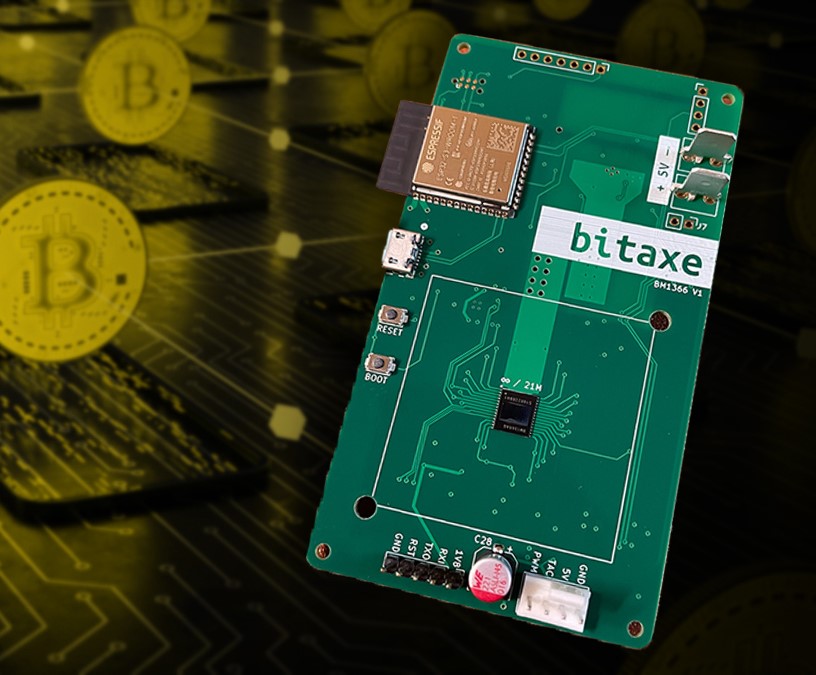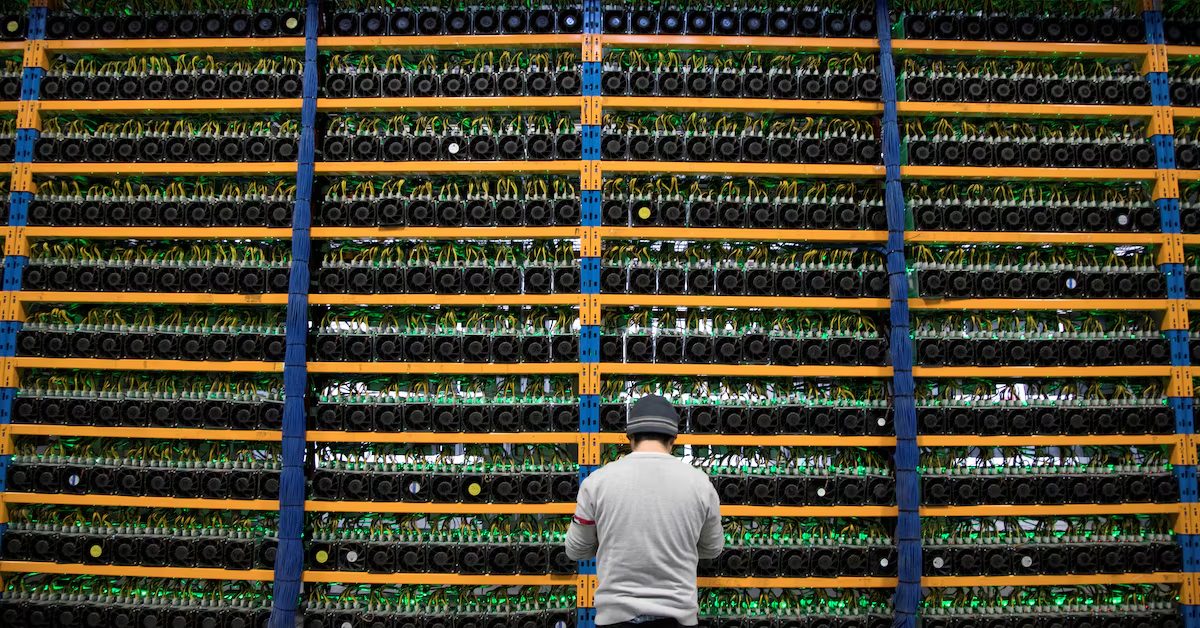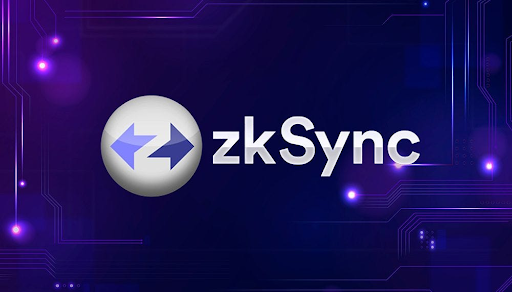The ‘Bitaxe’ device managed to extract a block even though its probability of success was only 1 out of 1 billion every ten minutes.
According to an X post from Altair Technology, a Bitcoin mining device with a hashrate of 500 gigahashes per second (Gh/s) was able to mine a block on July 24. The block is worth approximately $206,000 based on the current Bitcoin price.
The post announced, “Congratulations to the miner who likely mined the first solo BTC block with a Bitaxe on @ckpooldev with ~500 Gh hashrate!”

As demonstrated by the YouTube channel “How Much?” the device, referred to as a “Bitaxe” and manufactured by D-Central Technologies, is approximately the size of a human palm.
The device effectively mined the block, reportedly connected to the Solo CKPool node infrastructure service. CKPool’s website identifies itself as “a service that enables miners to mine independently, as it is not possible to mine directly to a bitcoin core node [.]” The service asserts that it is “not a pool” despite its nomenclature.
According to blockchain data, the “pool” generated Bitcoin block number 853742 at 11:43 am UTC on July 24. This block was mined by the 500 Gh/s Bitaxe device, as per Altair.

According to CoinWarz, a Bitcoin analytics platform, the network’s total hash power is 552.49 Exahashes per second (Eh/s). This is equivalent to 552,490,000,000 Gh/s or approximately 1.1 billion times the power of the Bitaxe device that mined this block.
This suggests that the device has a 1 in 1.1 billion probability of mining a block approximately every ten minutes.
Bitcoin miners must pay for the electricity they utilize, even if they cannot successfully mine a block using their funds. As a result, solitary Bitcoin mining is frequently likened to a lottery. However, the decision to participate has been advantageous for this particular solitary miner.
In April, a block was also mined by a solitary Bitcoin miner. Nevertheless, that operator employed a device with a processing power of 120 Petahashes per Second (Ph/s) or 120,000,000 Gh/s, 240 times the processing power of the Bitaxe.
Most Bitcoin mining operators jointly pool their hash power with other operators and distribute the rewards from the pool equitably based on the quantity of hash power contributed by each operator.
However, some Bitcoin devotees are concerned that this practice is centralizing the Bitcoin network and advocate for solo mining as a potential alternative.



